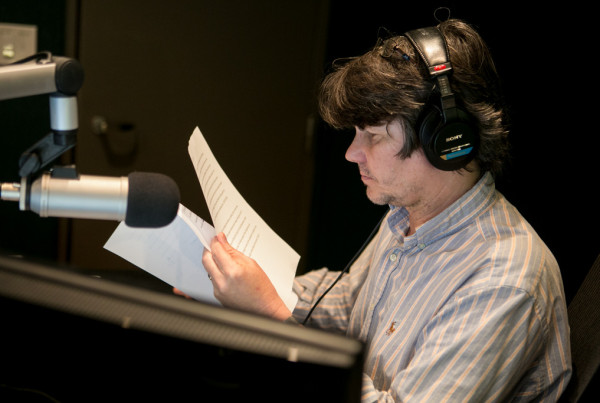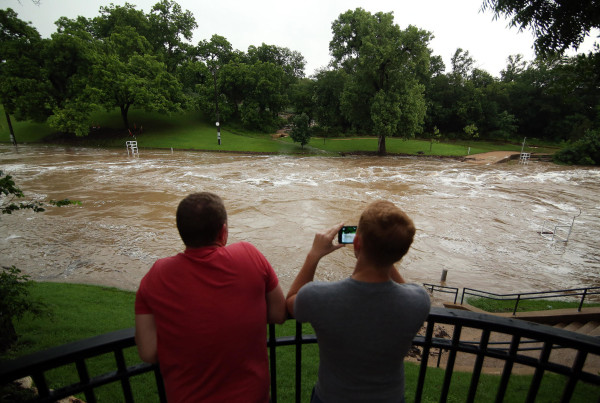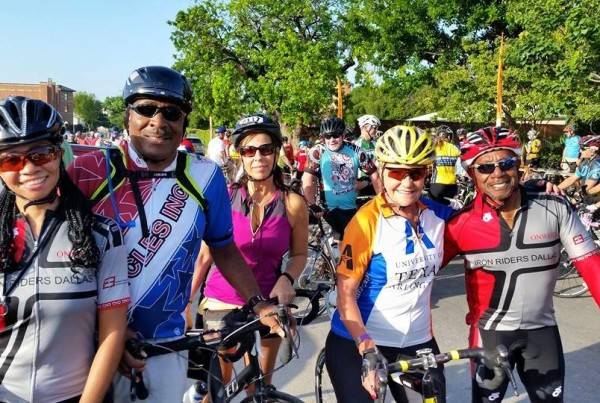Despite the 24-hour news cycle and seemingly endless conversation about the upcoming presidential race, Americans simply aren’t that politically involved.
The Annette Strauss Institute for Civic Life is trying to change that. On Wednesday, they’re hosting a conference, “Breaking Through,” with the Knight Foundation to tackle barriers to civic engagement before, during and after elections.
Joining Texas Standard’s David Brown in the studio is Talia Stroud, assistant director for the Annette Strauss Institute for Civic Life. She’s also a professor of communication studies at the University of Texas at Austin.
On where the American people stand on civic engagement:
“We have a long way to go to get all citizens to participate in politics and be civically engaged. Even Presidential elections there’s still a significant percentage of the electorate that doesn’t turn out to place their votes… Do I think we’ll get to the point where we have 100 perfecnt voluntary engagement in every aspect of elections and civic life? No, I don’t think that. But I think there’s a lot of things we can do and…we can move the needle.”
On the Knight News Challenge:
“The Knight Foundation has sponsored the Knight News challenge on elections. It’s a really incredible program… They challenged people to find innovative ways to inform voters, to make voting easier and fairer and to turn electoral participation into long term civic engagement.
Some of the ideas are things like what if we had a place where we could go that gave you an example ballot, told you where a polling place was, gave you info about the candidates…a one-stop shop… There are other ideas on tracing the influence of money in campaigns. I think that’s another place where people really want to know what’s happening.”
On how people get their news:
“We’ve seen a profound change in how people are getting their news. It’s no longer the hard copy newspaper or even television news to the extent that it once was. Now we have people going online and kind of snacking to get their news rather than that habitual pattern of picking up the newspaper every morning or tuning in every afternoon. We do need to take into account what audiences and citizens need at different moments in their life.”
Audio from the full interview will be available soon.















